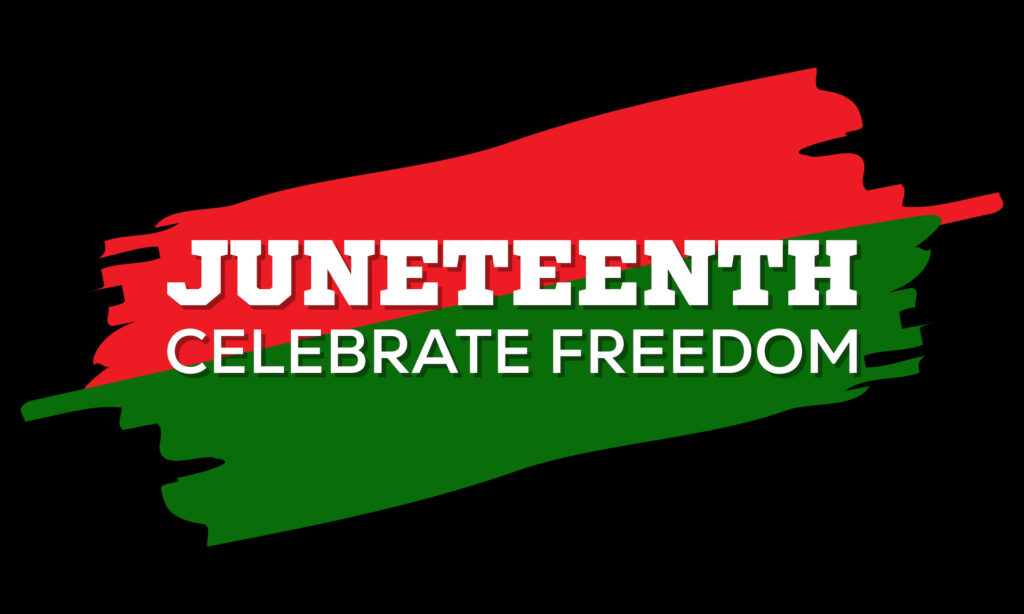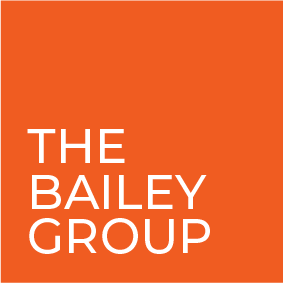
Staying open when we make mistakes
Getting it wrong when we want to do what’s right
At The Bailey Group, we help leaders navigate intense and complex worlds of work. Our executive coaches support leaders with creating and accessing new mindsets and tools that create shifts within their careers and organizations.
We are on this journey ourselves. At The Bailey Group (TBG), we are on a path to integrate Diversity, Inclusion, Equity, and Belonging (DEIB) in everything we do. We know our goals and our intentions. And, as we all know, even the best of intentions can go awry.
The month of June captures important intersections of history and celebration and is an opportunity to learn. With the best of intentions, we at TBG began to make plans to celebrate Juneteenth, June 19, which commemorates the day news of the Emancipation Proclamation finally reached Galveston, Texas, 158 years ago. We intended to make this a day of learning for our company, and a day to facilitate dialogue with our team members to discuss actions we can take as an organization to work against the systems which continue to economically disadvantage minoritized people. As we planned for the day, we were given the gift of feedback from a potential facilitator who gracefully encouraged us to think again about our plan. He encouraged us to schedule our learning and discussion for another day and reduce our business functions on Juneteenth to truly honor the day. We realized we made a mistake. We intended to learn and take time to plan for action, and we were given the gift of feedback that our plan was not appropriate.
Now, we are all familiar with the sensations that come with the feeling of knowing we made a mistake. We may feel tension in our chest or throat or a pit in our stomach. Then the thoughts follow, often racing, often railing against someone or something – sometimes us, sometimes others. We may start to blame ourselves or others. We may create a narrative that we are intrinsically bad or wrong, or that others are bad or wrong. When we close off, we put up our defenses that we feel somehow protect us. However, those defenses often mean we are no longer curious, no longer humble, and no longer able to learn.
It’s hard to hold the knowledge of our mistakes. However, if we can take a few deep breaths, we can begin to hold our mistakes gently and explore them with curiosity rather than resisting them. Instead of putting up defenses, we can get curious about the decisions we made. We can admit, with humility, that we didn’t have the perspectives we needed to make a more appropriate decision. We can learn to make new choices. For us at The Bailey Group, we held the mistake and examined it together. We owned our mistake, and we made a new choice. We decided to close the office to honor Juneteenth appropriately. We learned this later than we wanted to admit, but it is the truth.
Deloitte has published research on the power of inclusion that captures the Six Traits of Inclusive Leadership. Two of the traits listed are curiosity and humility. If we can stay curious and ground ourselves in humility, we can stay open to important perspectives, knowledge, and ways of being that can transform our minds. We owe it to ourselves, our team members, and our clients to walk the walk of curiosity and humility and keep learning.
There is no one final destination when it comes to building an organization, or a world, with more inclusion, diversity, equity, and belonging in it. The goal is to be open. Open to learning, to thinking in a new way and maybe even creating the space to create a new belief. As we create communities and organizational cultures that are more human, we will continue to make mistakes. So, the good news is that we can, and should, learn how to make mistakes now. Join us for the journey and stay tuned for an upcoming blog post that will drill deeper into the tools and techniques we can use to stay open to learning when we feel challenged.




